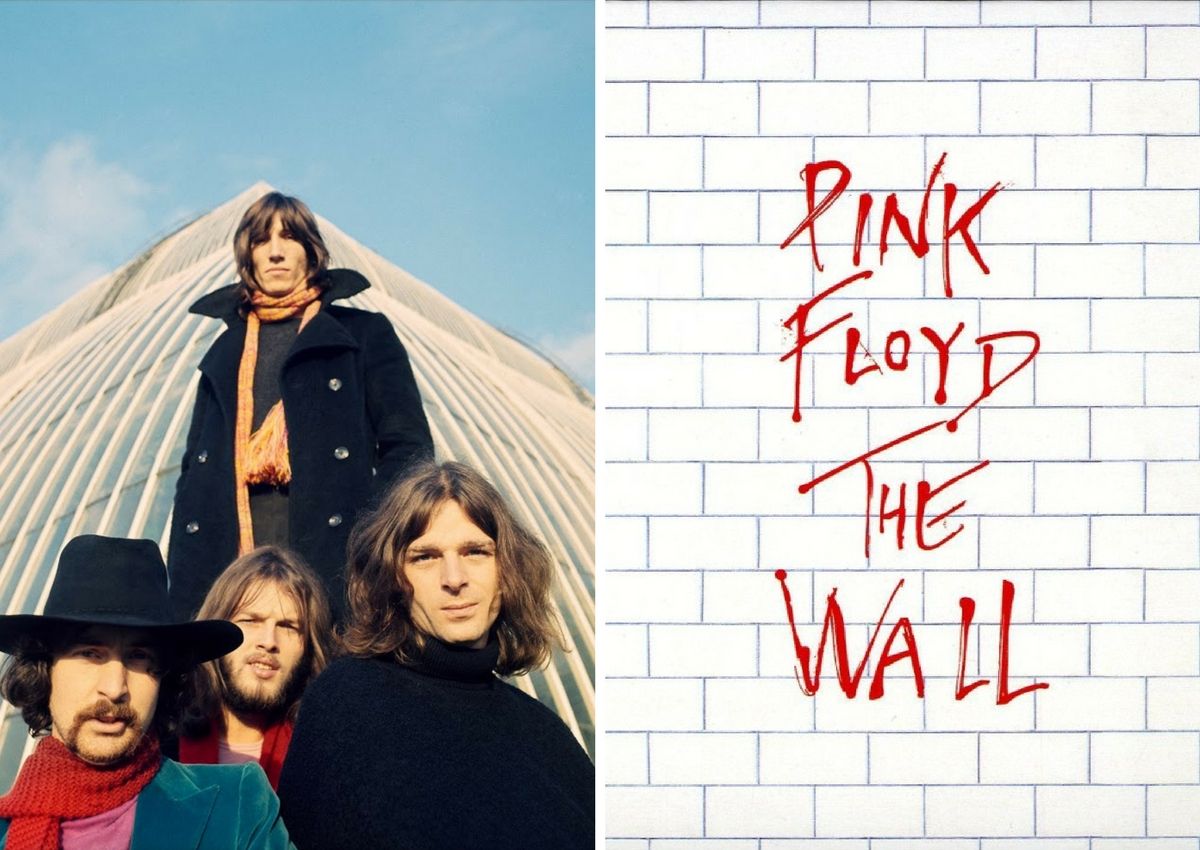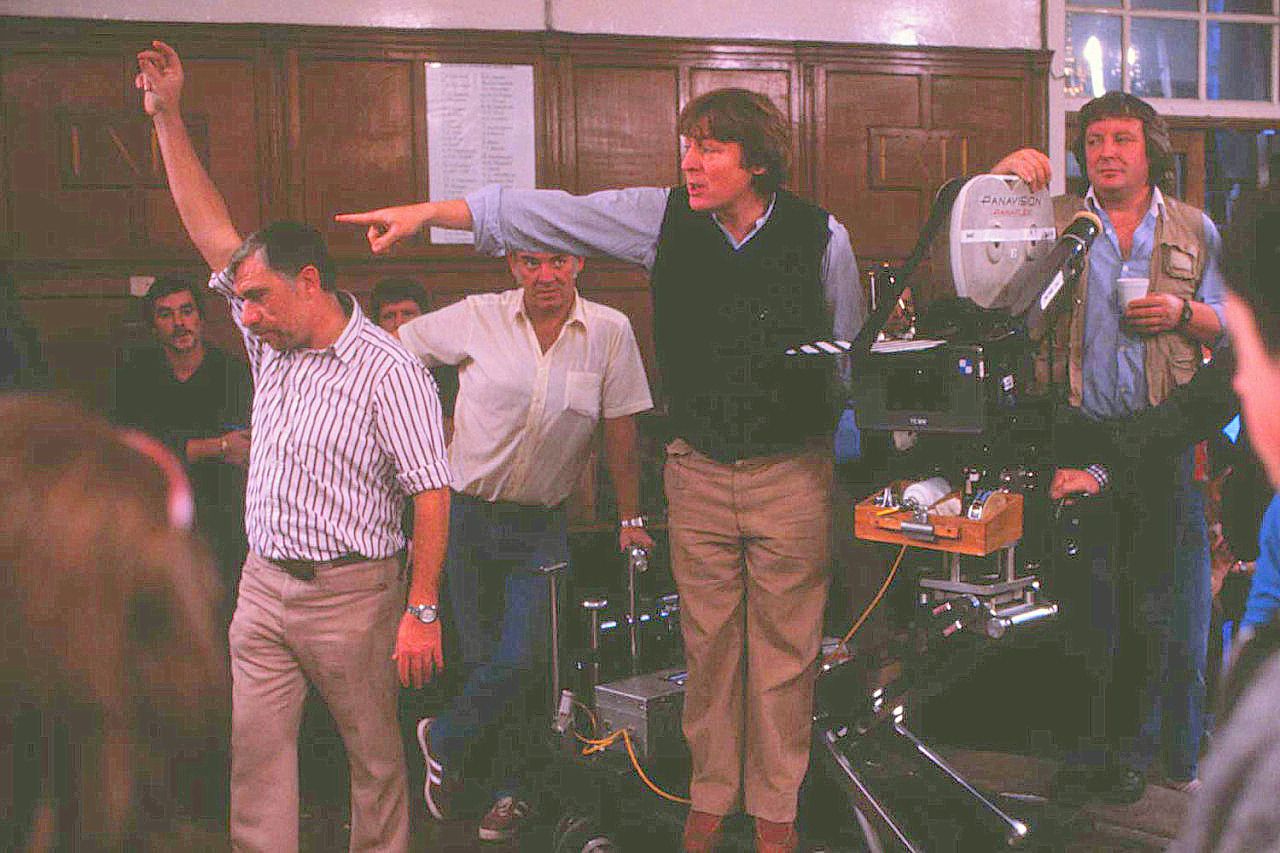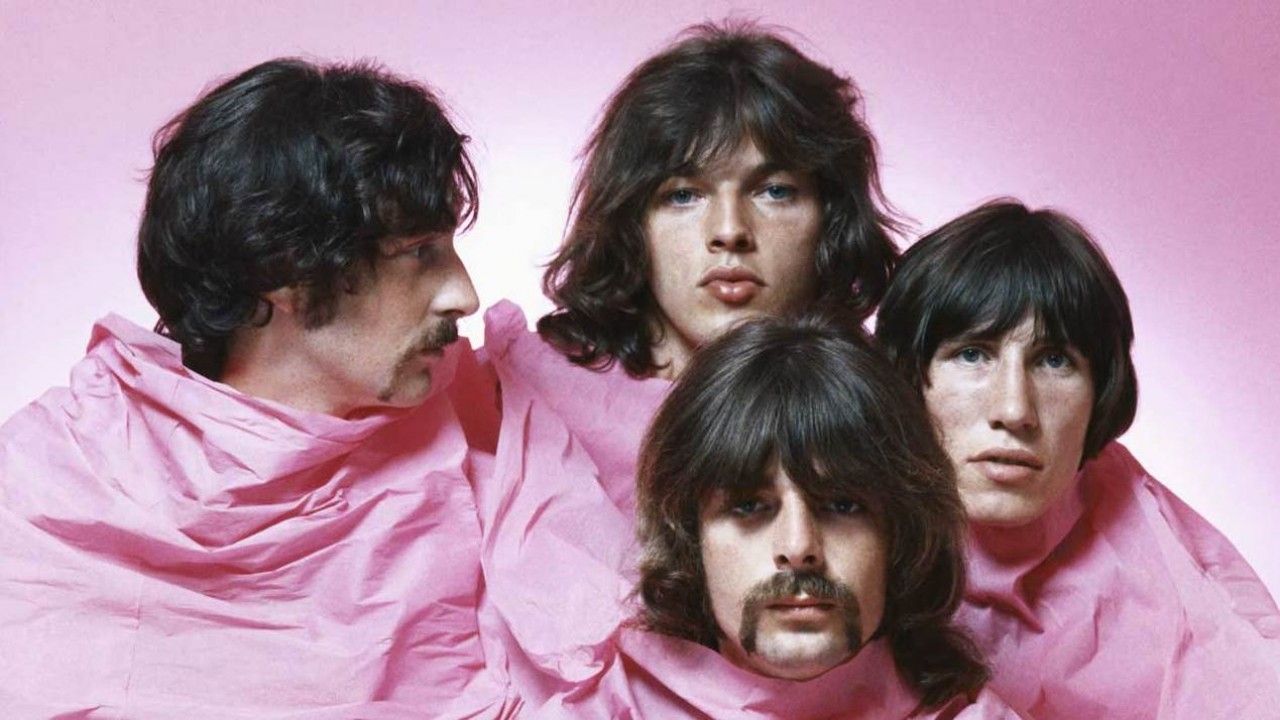
Celebrities | Pop Culture | Music | 80s
5 Facts About Pink Floyd's "The Wall" That Prove You Don't Need No Education
"...All in all, you're just another brick in the wall." How could anyone possibly top the greatest album of 1982, maybe of the 80s altogether? The intense technical performance that Pink Floyd created was so dramatic, it's no wonder that one of the most popular musical films of all time came from its release.
Just like the movie that shares its name, The Wall is an incredible piece of culture rooted in history and political opinion. It also sounds awesome. But looking beyond the long-lasting effects of this legendary album, there's also a lot that many fans simply don't know about it.
Comfortably Numb
The original idea for the rock opera album was conceived by Roger Waters, the bass guitarist and songwriter for the band. It came to him during a performance in 1977, when he became so angry with the audience that he actually spat on them. Horrified with what he had done, he wanted to explore the themes of isolation and abandonment in his life, and what he saw in his society.
Hey You, Would You Help Me?
In 1978, it became apparent that the band needed the money of a hit album in order to survive. So they called in Bib Ezrin, a producer, to help them create a vision. Waters said he needed someone who shared his mindset and was as musically and intellectually talented as he was.
Ezrin had previously worked with Alice Cooper, Lou Reed, and Kiss, but agreed to aid the band, even though he may not receive any credit.
The Show Must Go On
A major theme in the opera revolves around the idea that we build our own "walls" up against society, becoming disconnected. The voice of the album does this with his loved ones and eventually turns into a fascist dictator who is cruel to those he considers unworthy.
The nature of this cycle is that we as people (and society) go through is highlighted with the first and last three words in the album. As it closes we hear "Isn't this where..." and the first song begins with "...we came in?"
Nobody Home
The band references a former member several times throughout the album. Syd Barret, was the lead singer and guitarist when the band formed, and is even credited with coming up with the name "Pink Floyd." However, due to drug use and his anti-social personality he was ultimately replaced.
Empty Spaces
When it was released, it became a favorite for the radio which was heavily focused on punk at the time. The album is the third-highest certified album in the U.S. to-date, and Rolling Stone put the album as #87 in their list of "The 500 Greatest Albums of All Time".
Despite this, their hit "Another Brick in the Wall, Part 2" was the band's first, and only chart-topper when the album was released. We've all come to adore every track though, and there's something timeless about the lyrics, after all...






